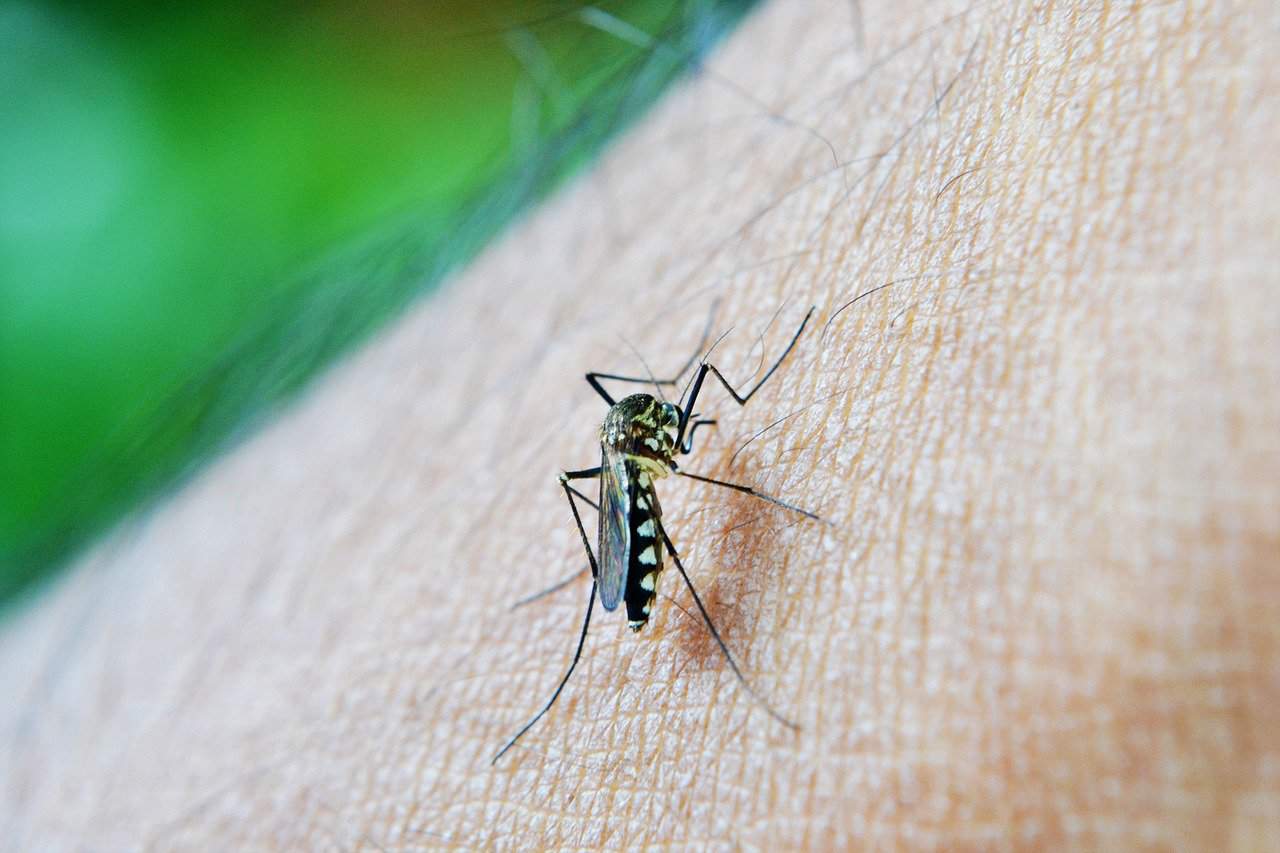Costa Rica started off 2025 with fewer dengue fever cases compared to last year, according to data from the Ministry of Health. However, authorities are worried about the severity of the cases. In the first five weeks of this year, 976 cases were reported, and of these, eight showed alarming symptoms. Health authorities mentioned that last September and up to the present date, the number of serious cases and deaths increased.
“We are experiencing an epidemic that has never been registered before. Imagine that the last death in Costa Rica was in 2013,” highlighted the Minister of Health, Mary Munive.
Currently, all four dengue serotypes circulate in Costa Rica. Serotypes 3 and 4, dormant until 2022, have re-emerged. Health experts warn that a person infected with one serotype develops some immunity but remains vulnerable to severe complications if infected with a different one later.
Health experts mentioned that when a person first contracts dengue fever, it is usually from one of the four serotypes of the virus. If the person recovers, his or her immune system develops some immunity against that particular serotype. However, if the same person is infected in the future with a different serotype, the situation can become more complex. “The problem is that the body’s immunity against one serotype does not fully protect against the others. In fact, the immune system may overreact to a second infection,” explained epidemiologist Juan José Romero.
Doctors urge the public to watch for symptoms such as abdominal pain, vomiting, dehydration, loss of appetite, swelling in the hands and feet, altered consciousness, bleeding, and petechiae. Those experiencing these symptoms should seek medical attention immediately.
Severe cases can cause low blood pressure, fluid buildup in the lungs, brain swelling, and damage to vital organs such as the liver and kidneys. In extreme cases, it can even affect heart function. The Ministry of Health also encourages preventive measures, such as eliminating potential breeding sites.






